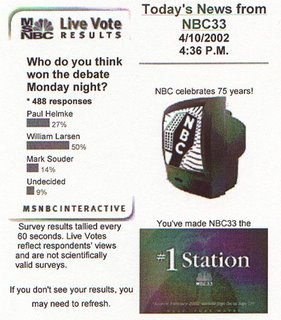Full Day Kindergarten
From the search I have been doing, there is no conclusive evidence that full day kindergarten is better. By this, I mean when you look at five years down the road, there is no difference in test scores. If you want to make first grade test scores higher, FDK will help in this area. However, long term, it does nothing that statistically stands out.
There is a time to learn and a time to play. Creativity is generally developed between the ages of two and six. It takes time to develop creativity or what some say is "imagination." This is the driving force behind our economy. The US is the leader in creativity, new ideas, concepts that improve our standard of learning.
Keep in mind that the human brain is the same revision that it was 10,000 years ago. We learn process and remember the same way. There may be some little tricks that have been developed, but pretty much memory is dependent on the amount of information being processed and the number of associations attributed with that memory. The more associations, the more that will be remembered.
What is the purpose of Kindergarten? Is it to develop social skills, if so, then full day is not needed? If it is to teach math and reading, then let us eliminate the senior year of high school since all we are doing is pushing forward learning.
Also, keep in mind that not all children are ready for kindergarten. Sending those to school who are daydreamers and forcing them to do what they are unprepared for may cause them to hate school for a long time thereafter.
Looking at the distribution of potential students who are age 5 will show a wide variation in skills. Do you honestly think that a "process" can be developed to accomodate 90% of these students at age 5? Just look at grade 2 and how many different types of students there are and the number of programs to help them. All we are doing is moving forward information that many are not ready for. Why not wait a bit until they are ready to learn?
All children developing differently. Some can read early, but have no creativity. Some are very artistic, but can not add. Some can neither read or do math, but understand how things work. My experience shows that by about third or fourth grade for the most part, students tend to merge so to speak in capabilities. What I am attempting to say is we all reach the end point differently taking different routes, but we get there. Forcing everyone along the same route is not a good idea.



0 Comments:
Post a Comment
<< Home